People often blame themselves for their screen time habits, but one has to wonder why screen obsessions are so pervasive. A 2023 article suggests it’s inherent in devices’ designs. It references features such as infinite scrolling, personalized content, push notifications, autoplay videos, ambient modes, and their effects (social validation, FOMO, social comparison), all of which send dopamine to the brain like a drug.
Since The Social Dilemma‘s 2020 release and in the wake of the COVID-19 pandemic, some internet users are realizing the consequences of their dopamine feedback loops. What we tout as a personality flaw seems more like a systematic issue by the day— and it’s stressing people out.
Still, stress isn’t enough for us to change— we’re hooked.
A 2021 survey at Pew Research Center discovered that about one-third of American adults say they are “almost constantly” online, and 183% more people use the internet now than in 2000. Part of this is due to an increased reliance on the World Wide Web for work and other classically productive activities. But we tend to spend our internet time in equal measure for work and leisure.
In 2021, for example, the daily use of entertainment screen media (television/videos, video games, social media) clocked in at around 3 hours 47 minutes among the 13-18 age group. However, the total daily screen time was closer to 8 hours and 39 minutes.
Let’s consider the average non-productive, consumerist screen time as 4 hours. The American life expectancy was 76.4 years in 2021, and let’s say people start using technology at 16, the loosely legal age for social media use. That leaves the average Gen Z-er 10 years of their life devoted to the blue-lit glass cage if they downloaded internet entertainment at 16 in 2021.
Maybe ten years seems justifiable to you. We also spend one-third of our lives sleeping or attempting to do so, so let that fact settle in you for a moment. Better? Good. You’ll be unconscious for 20 of your 60 years between 16 and 76.
In summary, you’re losing half of your life to your screen and sleep. And that’s a generous estimate.
People like to chalk it up to procrastination— a lack of self-control— but as aforementioned, I think this is an inaccurate view. There are myriad reasons why people procrastinate, and seeking short-term pleasure is only one of them. Astronomical screen times are a cultural phenomenon more than rampant procrastination. Even “the WHO now includes internet-use disorder (IUD) or internet gaming disorder/internet addiction (IGD) in the International Classification of Diseases 11th Revision (ICD-11).”
Still, it’s great to revisit Tim Urban’s viral 2016 TedTalk “Inside the Mind of a Master Procrastinator” before proceeding down your YouTube rabbit hole. (YouTube happens to be the most-used entertainment platform in America.) We can get a shock of delicious existential dread from his projected Life Calendar. But even that wasn’t enough to prompt his viewership of 70 million internet explorers to turn it off.
A few might have hired time management tutors.
I refuse to end this article on a sour note: I have a solution. And because I am loathe to gatekeep resources that can change lives, I’m letting you in on my secret to besting the machine. It’s essentially volleying back algorithms, like the magical trump card your brain needs to slow and even end the doomscrolling.
For those iPhone users, I suggest downloading Opal: Screen Time for Focus. The app makes a fraud of Apple’s screentime feature, which simply tells you how long you’ve spent while seldom helping curb your effectively psychologically uncontrollable behavior. I know it’s a shock to hear that billion-dollar companies don’t have our best interests at heart, but it’s true.
Opal is a paid app worth every cent. It blocks “distracting” apps after reaching a cumulative daily limit (mine is 30 minutes). You can also block certain apps at certain times or on specific days of the week. Aside from that, Opal calculates how long you were “focused” on your phone and how your screen time compares to those of your age group. It also makes it difficult to unblock apps, ranging from a simple notification to waiting until the next day. You can set Opal so time limits cannot be extended (though you can “take breaks”), nor Opal deleted while in session.
As for the computer, I tried several Chrome extensions to varying levels of unsuccess over the years. (Opal has one, too, by the way.) I finally cracked and taught myself how to code undesirable websites out of my computer. Refer to the article How To Block Websites on Your Mac Using Terminal for an easy tutorial on how to do so yourself. It’s such a hassle to allow websites on my device again that I simply don’t (unless I dearly need access to YouTube for a homework assignment).
I implore you to take your life out of the devices you hold and back into your hands. Unplugging is almost impossible, and that’s on purpose. Facts aren’t enough to spur us to action and intention. Now that there are apps on the internet to save us from the internet, we should use them. We can reclaim our digital agendas and years of our waking lives. Ultimately, individuals fight this battle on a worldwide scale. If we have solidarity, moreover, we can triumph.


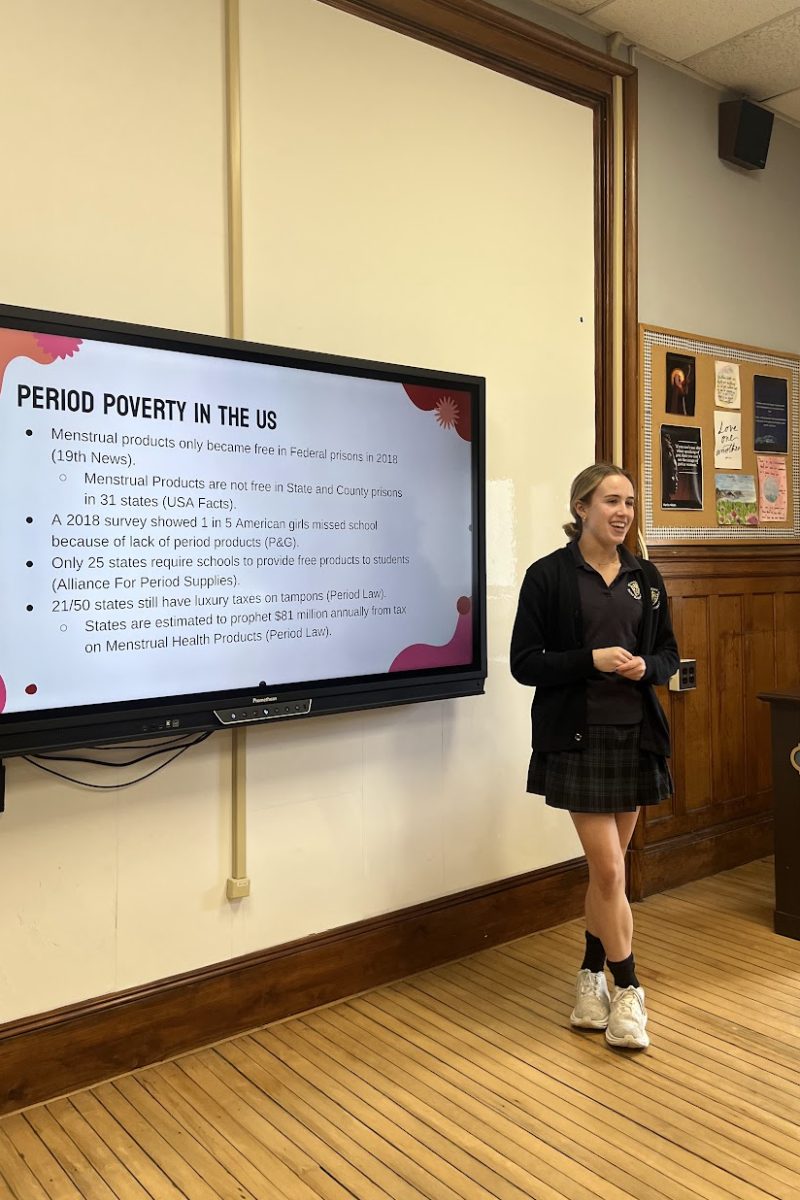


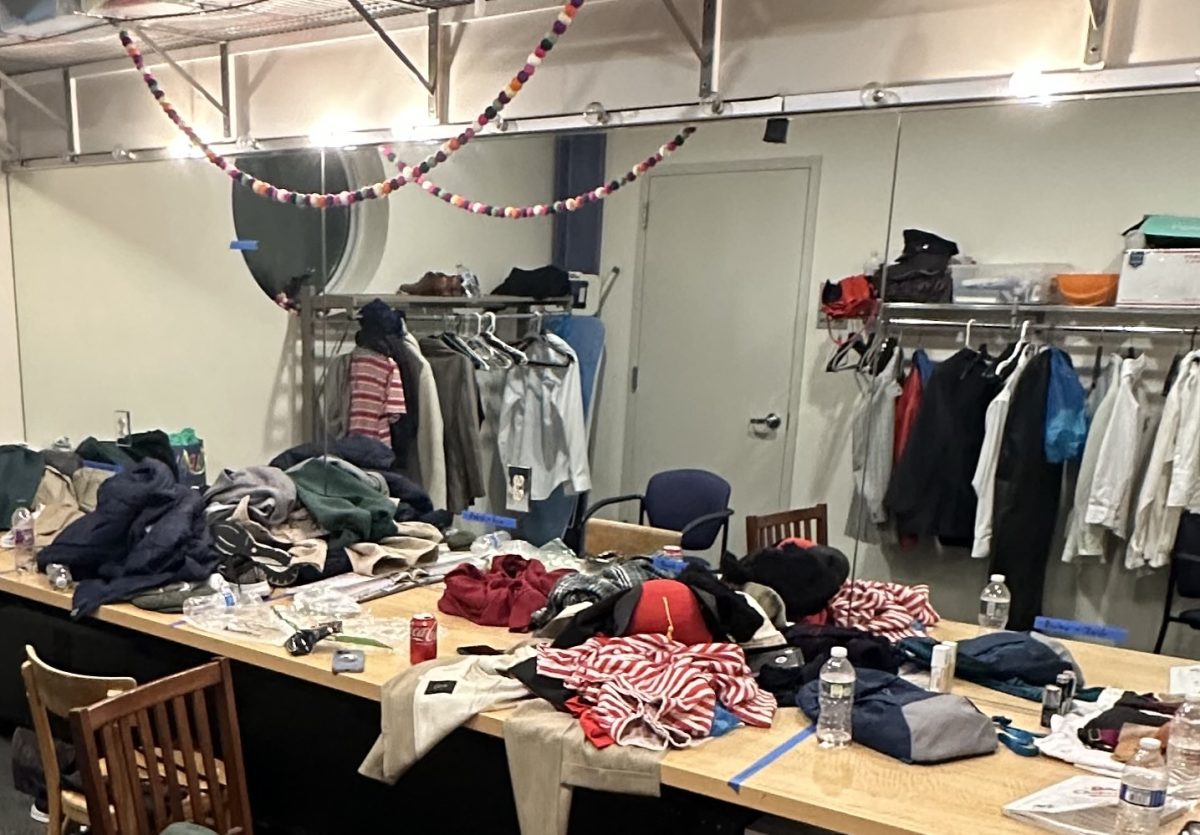
























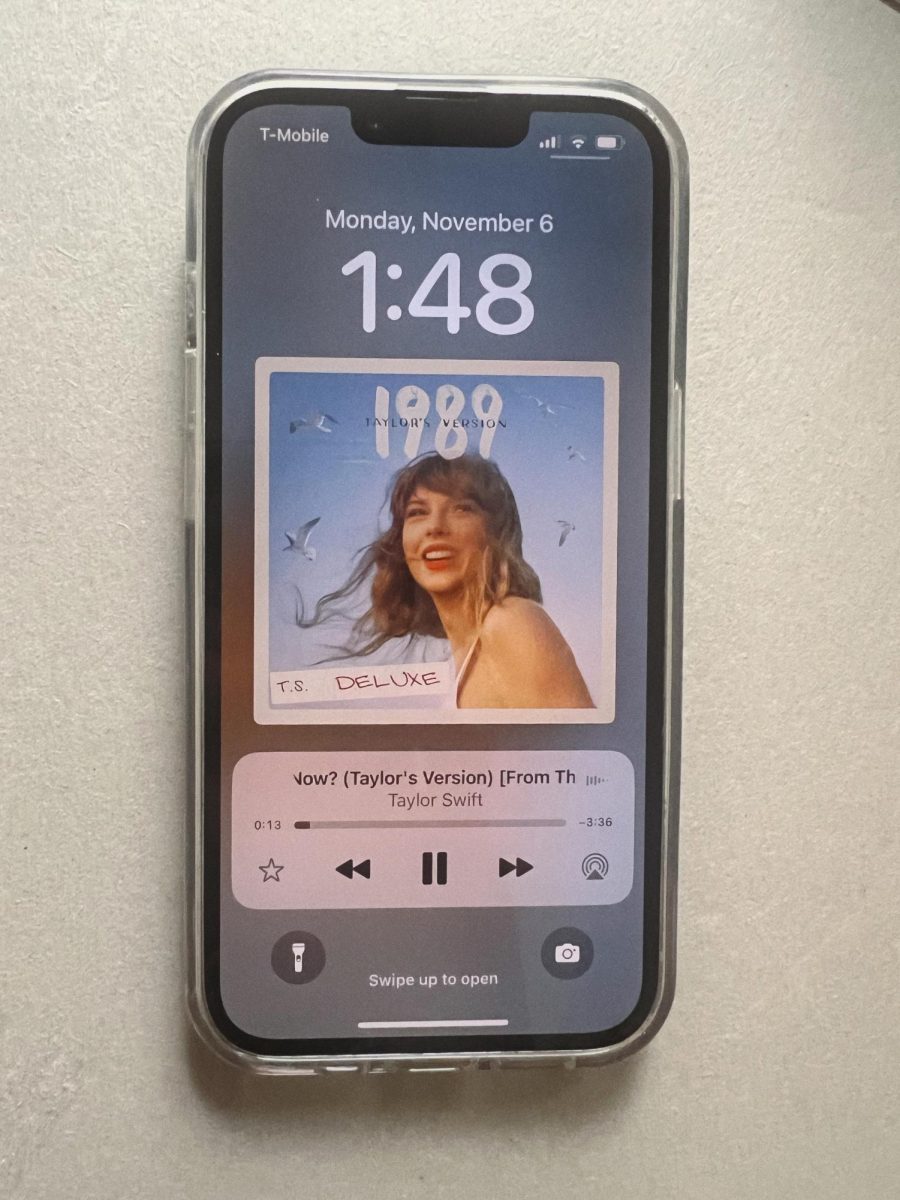




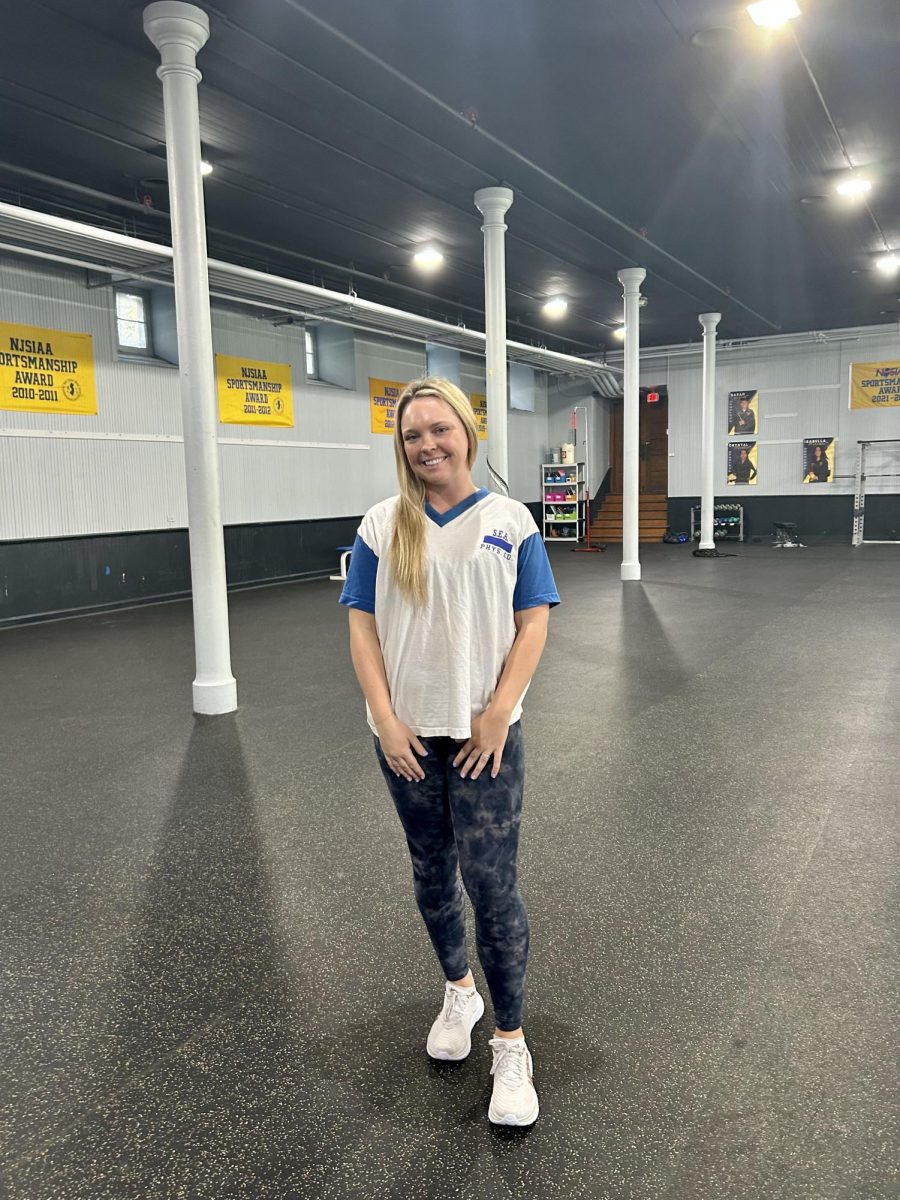




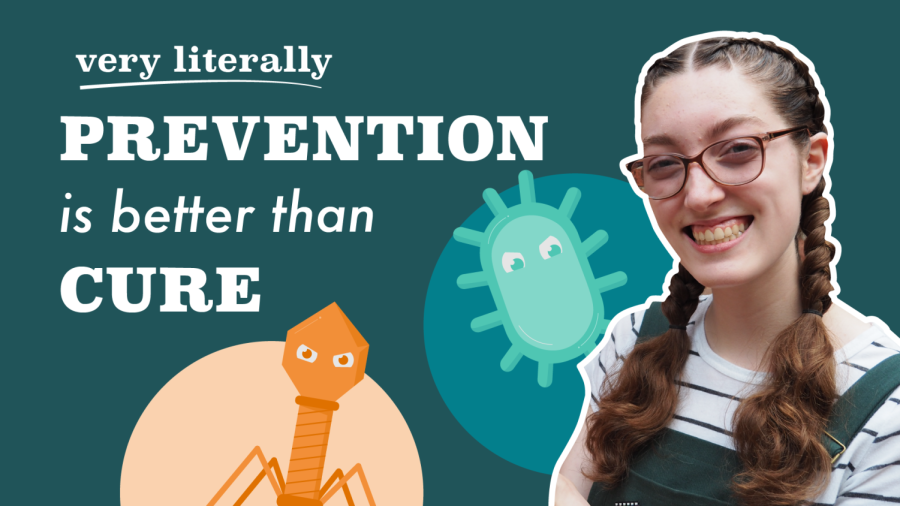
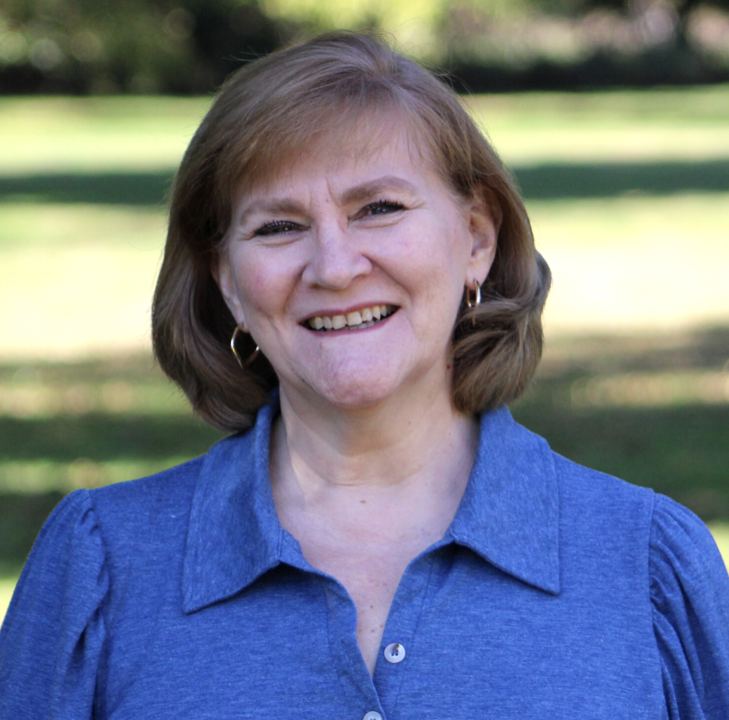







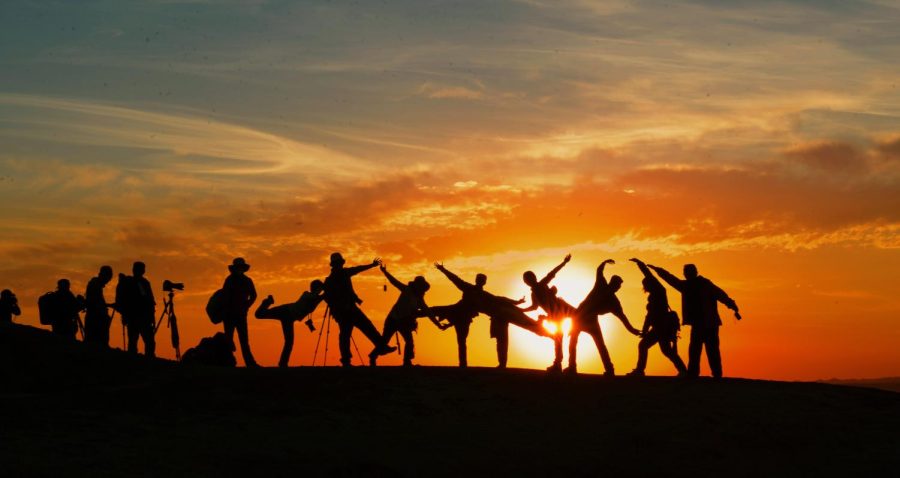








Sofia • Apr 22, 2024 at 8:23 am
Wow! It is so nice to see you bringing awareness to this issue that everyone, myself included, struggles with. There is so much information in this article. Very well written!